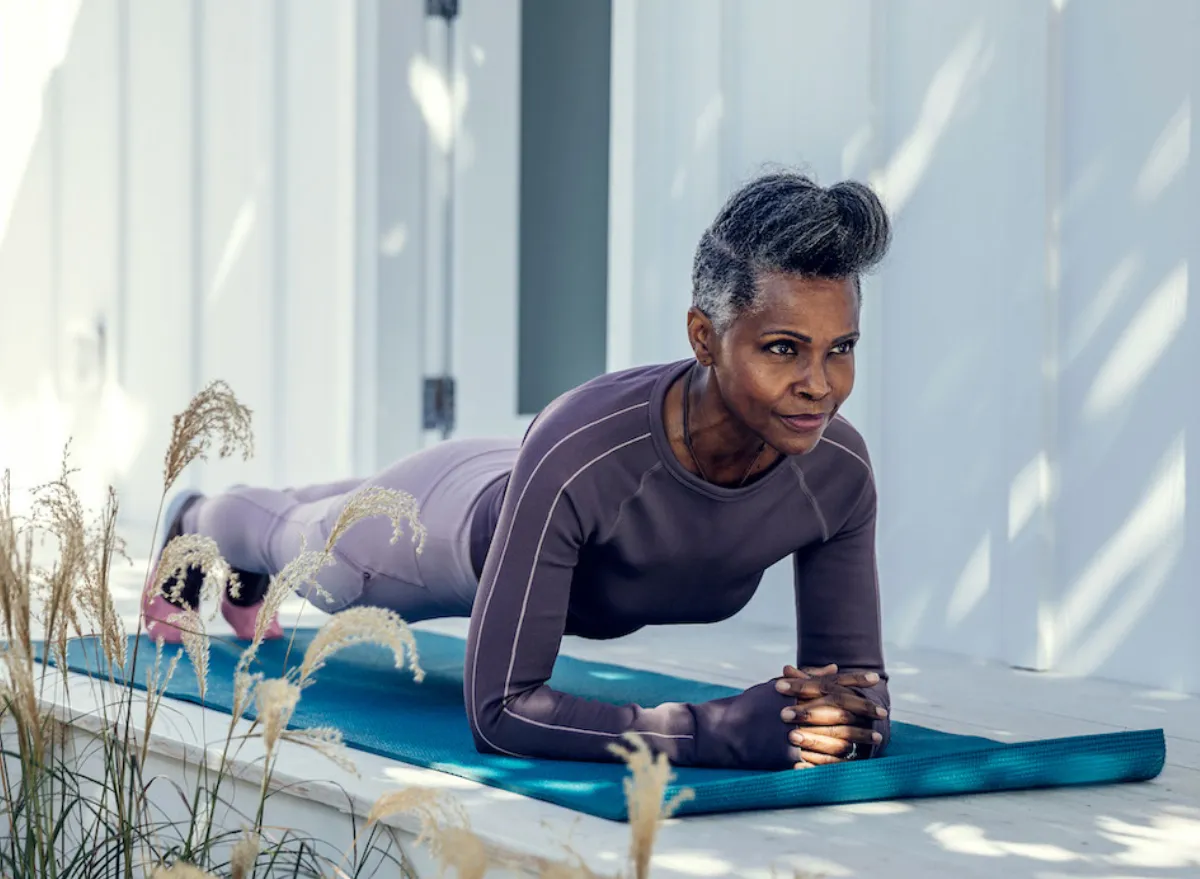
There are many proven ways this form of exercise is beneficial to your health, and we're here to share the strength training habits that slow aging, according to science.
Now let's dive deeper into the strength training habits that slow aging, according to science.
As you age, you begin to lose muscle mass and strength.Okay, now that you know the many negatives resulting from inactivity, let's discuss the many beneficial strength training habits that slow aging.According to the National Institute on Aging, there are many ways to strength train, including using free weights or machines, resistance bands or medicine balls, or by doing weight-bearing moves like squats, pushups, or yoga.Related: What Science Says About the Exercise Habits That Slow Aging.Fielding, Ph.D., associate director of the Jean Mayer USDA Human Nutrition Research Center on Aging at Tufts University outside Boston, has researched elderly individuals and the benefits of exercise. He and his colleagues have discovered the ultimate combo for aging adults is resistance training and walking (via the National Institute on Aging).
"When you do resistance or strength training, very important chains of molecules that relay signals between cells are affected, and these changes linger in the body for hours after exercise, building up a cumulative, positive effect.Villareal continues to explain, "Resistance training is the most important component because it builds muscle and reduces the loss of muscle mass.
"We all should think about how to build up a base of strong muscles to prepare for the loss of muscle and strength that we will experience as we age," suggests Barb Nicklas, Ph.D., professor, gerontology and geriatric medicine, Wake Forest University School of Medicine (via the National Institute on Aging).Movement, strength, and balance training is important at any age, but we need to adjust our expectations."
Older adults should try to get strength training in the mix one to two times per week," Fielding says